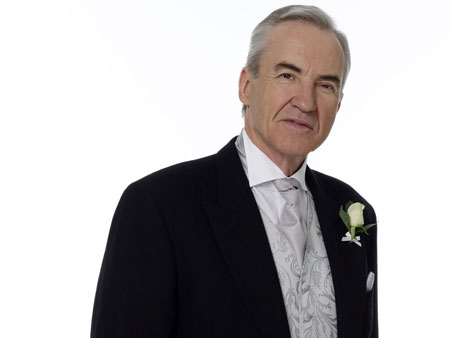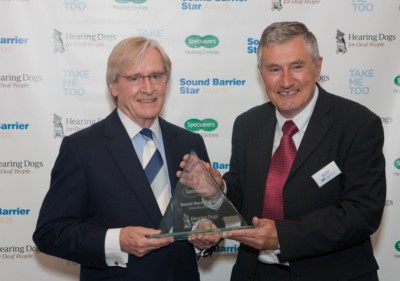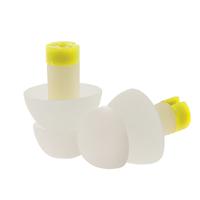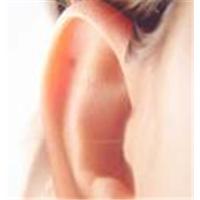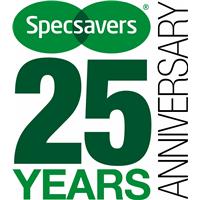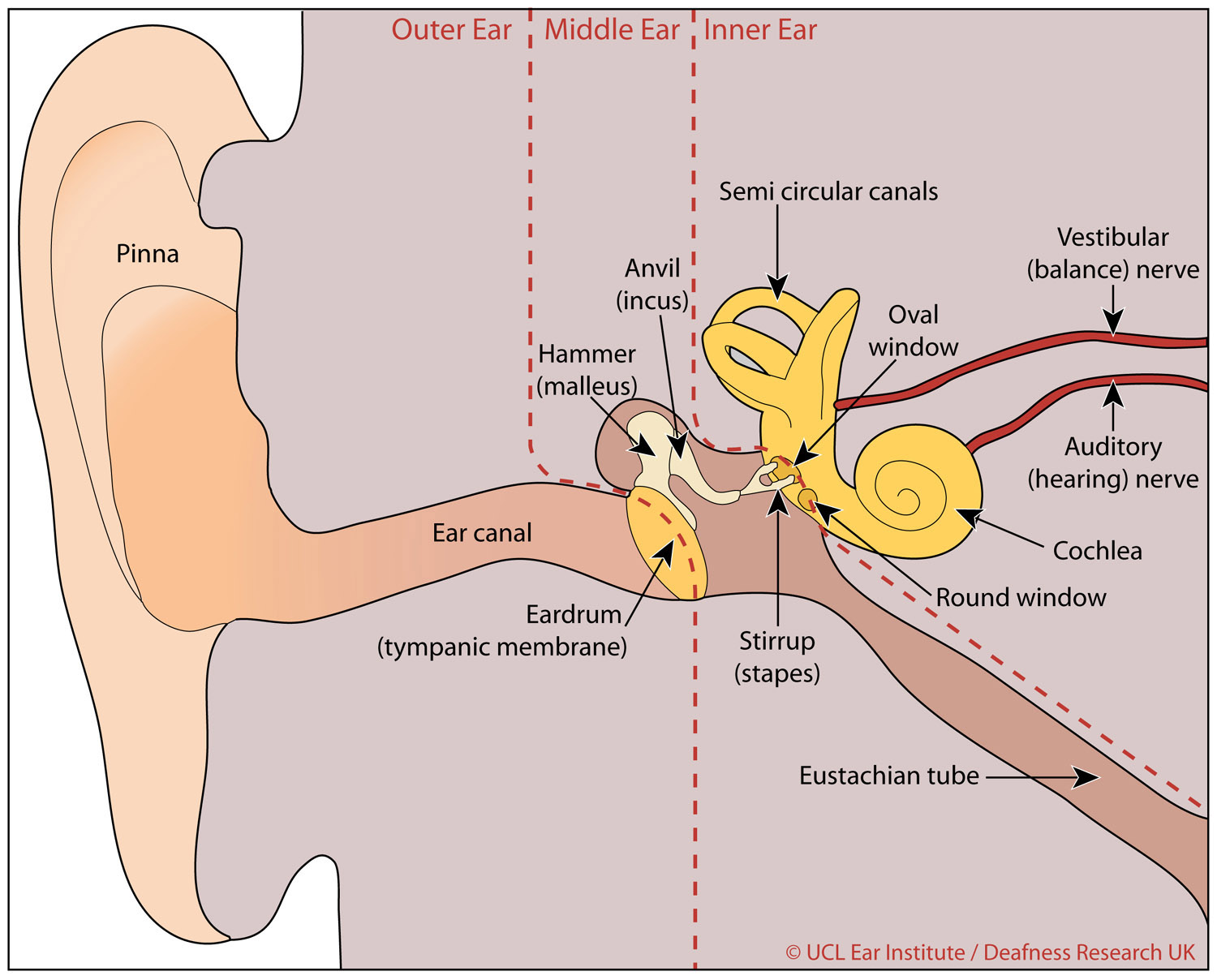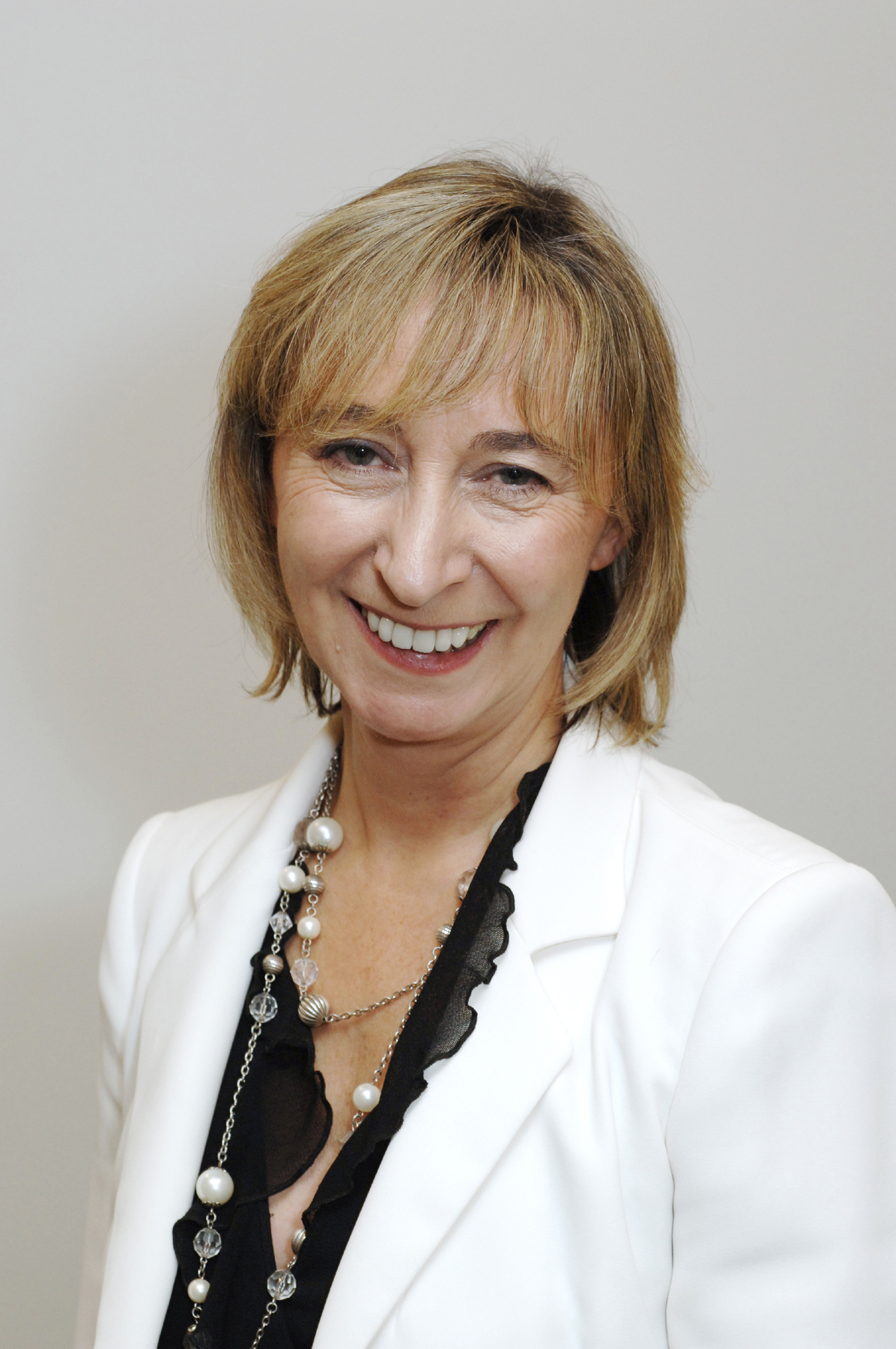An act of kindess publicising the plight of some of the world’s poorest children has led to popular TV actor Larry Lamb loosing his ability to hear in one ear.
The EastEnders and Gavin and Stacy star was in Senegal for a week with a charity but stopped taking his malaria pills on his return because he felt fine, despite being medically advised he should take them for a further eight days. Three days after his return he developed an unexplained fever thought to be malaria.
Larry Lamb
Larry was seriously ill for several weeks and at one point thought he was going to die. He had to be hospitalised and put on a drip. Halfway through his illness, he started to notice whining noises in his right ear and was referred to an ear, nose and throat specialist.
The specialist diagnosed an infection of the cochlear nerve in the inner ear, which affected his hearing so badly that he is now completely deaf in his right ear.
“Losing my hearing hs been a nightmare and a real shock to the system, a classic case of not appreciating what you have until it’s gone. I have gone from having good hearing in both ears to only having no hearing in one ear practically overnight, it has been very frustrating. To add to that I was getting a horribly staiffback and neck from constantly leaning to try to hear people. As an actor, hearing is so important, so rehearsing and filming was beginning toget very difficult indeed.”
Larry, father of DJ George Lamb, says he now appreciates how isolating it is for people with hearing loss.
“If I am sitting with two or three friends it is almost impossible for me to follow the conversation, ” he says.
Afte a few weeks Larry sought the help of hearing aid audiocologist Mark Edgar, at Specsavers in Edgware Road, London. Mark confirmed that the malaria Larry had contracted had damaged a large number of hair cells in his inner ear – these are the ones that send electrical signals to the cochlear nerve. The result is similar to age-related hearing loss but much more sudden and profound and means Larry can’t hear higher frequencies, especially women and children’s voices, and most consonants.
Everyone’s hearing will deteriorate at some stage – with age the hair cells in the inner ear lose their efficiency, affecting what we hear. Larry had started to lose his hearing before his trip to Senegal but unfortunately contracting malaria led to an acceleration of this natural process.
This type of sudden loss is quite unsual and the infection that Larry contrcted damaged his hearing so much that he has been left with permenant damage and complete loss of hearing in his right ear. Unfortunately, the ears work together and unless both are working perfectly it can be difficult to hear over background noise as one ear works to drown out the background while the other works to pick up the sound you want to hear.
Larry’s sense of localisation – where a sound is coming from – is also impaired, making crossing the road potentially dangerous, explains Mark Edgar of Specsavers.
Colin has since fitted Larry with a state-of-the-art CROS System hearing aid. This is very discreet, the size of a jelly bean, and sends the sounds he should be hearing in his right ear via “Bluetooth” technology to a device worn in his left ear.
“This haring aid has made a huge difference to my life and its an enormous relief to be able to hear again. I can’t belive how discreet it is, so much so that people around me don’t realise I’m wearing a hearing aid and I even forget its there.
“I am so grateful to Specsavers for giving me back my hearing and I would certainly advise everyone to have regular hearing tests, after all, they are free so what’s stopping you?”

